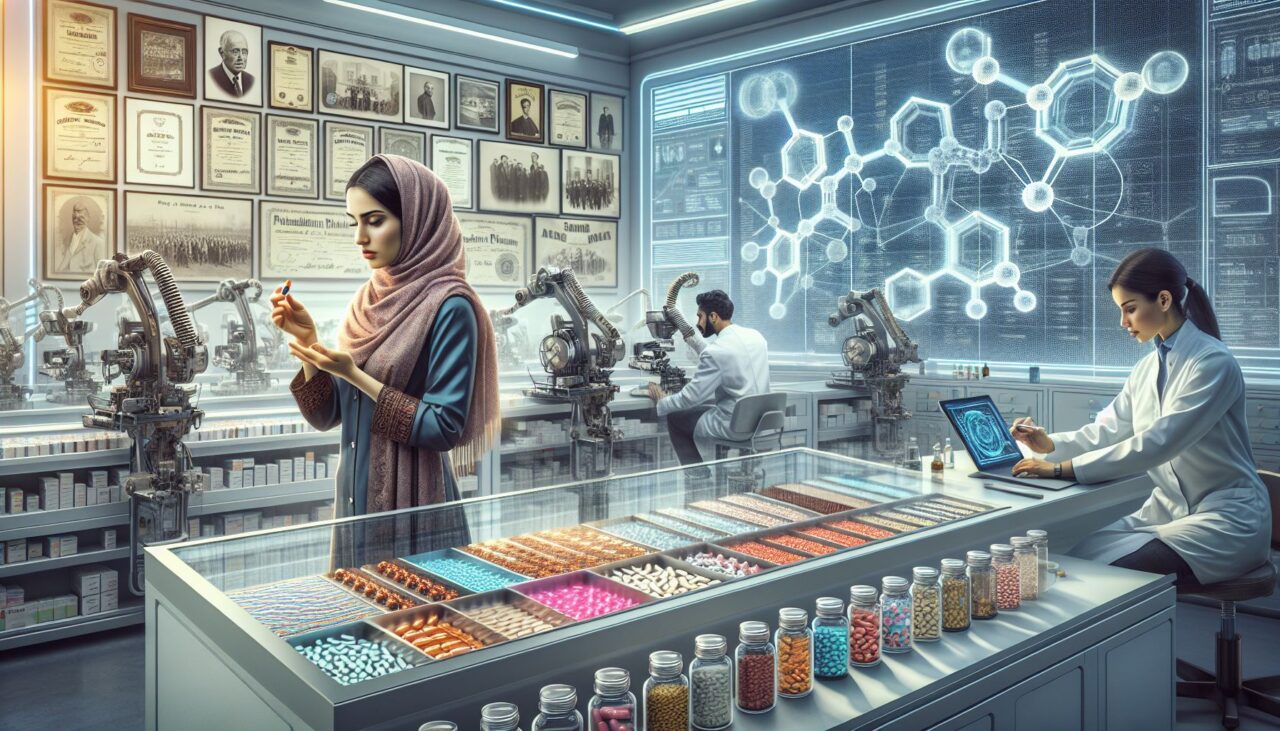The pharmaceutical industry plays a crucial role in our society, striving to improve global health by developing and manufacturing life-saving medications. Over the years, this industry has witnessed significant changes in terms of research, innovation, and regulation. In this article, we will explore the evolving landscape of the pharmaceutical world and its impact on patients and healthcare professionals.
An Introduction to the Pharmaceutical World
The pharmaceutical world encompasses various stakeholders, including pharmaceutical companies, researchers, clinicians, regulatory authorities, and patients. Its primary goal is to discover, develop, produce, and distribute effective drugs to prevent, treat, and cure diseases. Historically, innovation has been the driving force behind the growth and success of this industry.
Embracing Technological Advancements
In recent years, there has been a rapid integration of technology within the pharmaceutical sector. Advanced laboratory techniques, such as high-throughput screening and computer-aided drug design, have revolutionized the way scientists discover and develop new drugs. Additionally, the use of big data and artificial intelligence has significantly expedited the drug development process by analyzing vast amounts of information.
Moreover, the rise of telemedicine has allowed patients to consult with healthcare professionals remotely, reducing the need for in-person visits. This technology has been especially valuable during the global COVID-19 pandemic, ensuring continuity of care while minimizing the risk of infection.
Shifting Regulatory Framework
Regulation is a critical aspect of the pharmaceutical world to ensure patient safety and efficacy. Regulatory authorities around the world, such as the FDA in the United States and the EMA in Europe, continually refine their guidelines to adapt to emerging technologies and evolving medical practices. These changes expedite the approval process for novel treatments, offering hope to patients with unmet medical needs.
The Rising Importance of Personalized Medicine
In the past, a “one-size-fits-all” approach was often used to treat diseases. However, advancements in genetic testing and molecular diagnostics have paved the way for personalized medicine. By analyzing an individual’s unique genetic makeup, healthcare professionals can tailor treatments to target specific molecular pathways or genetic mutations. This approach has shown promising results in treating various types of cancer and genetic disorders.
Improved Patient Support and Access
Pharmaceutical companies have recognized the need for enhanced patient support and access to their medications. Many have implemented patient assistance programs, ensuring that individuals with financial limitations can still obtain the drugs they need. Additionally, online platforms and mobile applications offer patients resources such as medication reminders, virtual support groups, and educational materials to empower them in managing their conditions more effectively.
Conclusion
The pharmaceutical world is rapidly evolving, driven by advancements in technology, changes in regulation, and a growing focus on personalized medicine. These transformative developments aim to improve patient outcomes, offer new treatment options, and enhance the overall healthcare experience. As we move forward, it is vital for all stakeholders to collaborate to ensure that these advancements are accessible to all individuals, irrespective of their socio-economic background. By embracing innovation and prioritizing patient-centric care, the pharmaceutical industry can continue to revolutionize healthcare and contribute to a healthier world.
